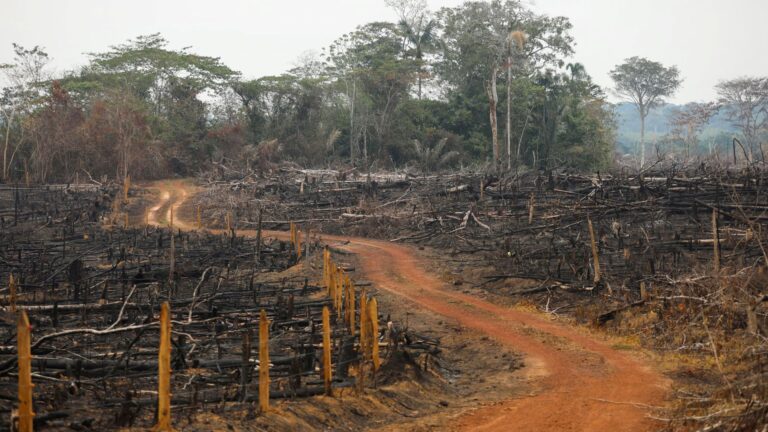
Study Reveals Over 50% of India's Population Faces High Health Risks Due to Climate Change
Climate change is a global challenge that affects everyone, but its impacts are far from uniform. Those with better living conditions, education, secure work, and access to social safety nets are better equipped to adapt and mitigate its consequences.
Unfortunately, for those on the margins with insecure livelihoods and limited access to healthcare, the risks are significantly higher. This article explores the climate change-induced health vulnerability in India, shedding light on the urgent need for comprehensive policy responses.
India, a country grappling with prolonged summers, unpredictable rains, floods, droughts, and rising sea levels, faces the harsh realities of climate change. These factors not only increase the frequency and severity of illnesses but also push people into poverty and force migration. A recent study published in Climatic Change has provided a comprehensive analysis, mapping exposure, sensitivity to hot weather, and adaptive capacities across 640 Indian districts.
Key Findings:
The study’s findings are alarming:
- 298 districts, housing 52% of the population, face high or very high exposure.
- 184 districts, home to 30% of the population, are highly or very sensitive.
- 153 districts, where 20% of the population lives, have moderate or low adaptive capacities.
Additionally, the study identifies 38 districts with very high vulnerability, 306 with high vulnerability, 278 with moderate vulnerability, and 18 with low vulnerability. States with the highest number of vulnerable districts include Uttar Pradesh (37), Rajasthan (15), and Madhya Pradesh (3).
Policy Responses:
The study emphasizes the need for a radical shift in development thinking to address the climate crisis in India. Traditional models are insufficient to protect millions facing unprecedented health risks. The following multi-sectoral policy responses are recommended:
- Investing in Health: Increased public spending on health can significantly reduce out-of-pocket expenditure and improve access to primary healthcare, especially in vulnerable districts with high infant mortality and poor child health.
- Addressing Social Determinants of Health: Providing sustainable livelihoods, improving working conditions, expanding social safety nets, and boosting education can reduce sensitivity and enhance adaptive capacity.
- Strengthening Data Systems: Robust, dynamic data systems are crucial for effective policymaking. Improved data sharing, collaboration, and trust within the healthcare system are essential.
- Empowering Local Communities: Engaging institutions of local self-governance in the climate and health agenda is crucial for effective adaptation and mitigation strategies.
- Holding the System Accountable: Increased accountability of the health system to the people is essential for ensuring equitable access to quality healthcare.
The study serves as a wake-up call, urging a transition from awareness to action in addressing the complex challenges of climate change and health in India. The findings underscore the necessity for immediate and concerted efforts to build a more equitable and resilient future for all. The findings of this study have been detailed in Climate Change and can be accessed here.





